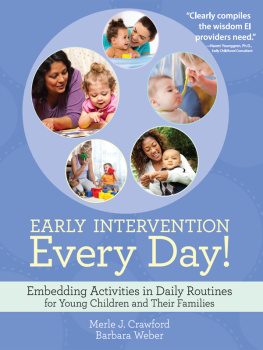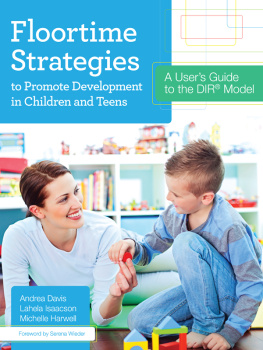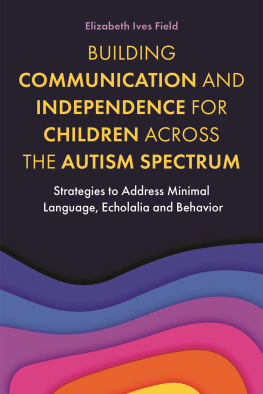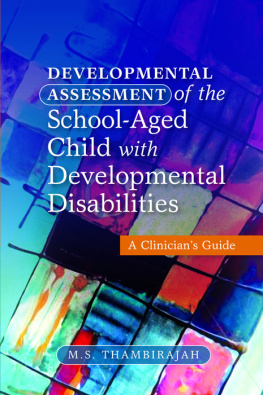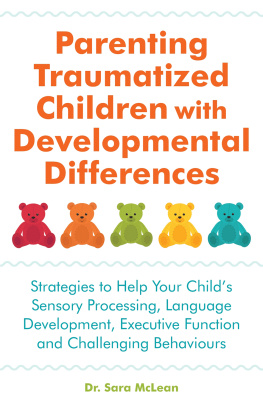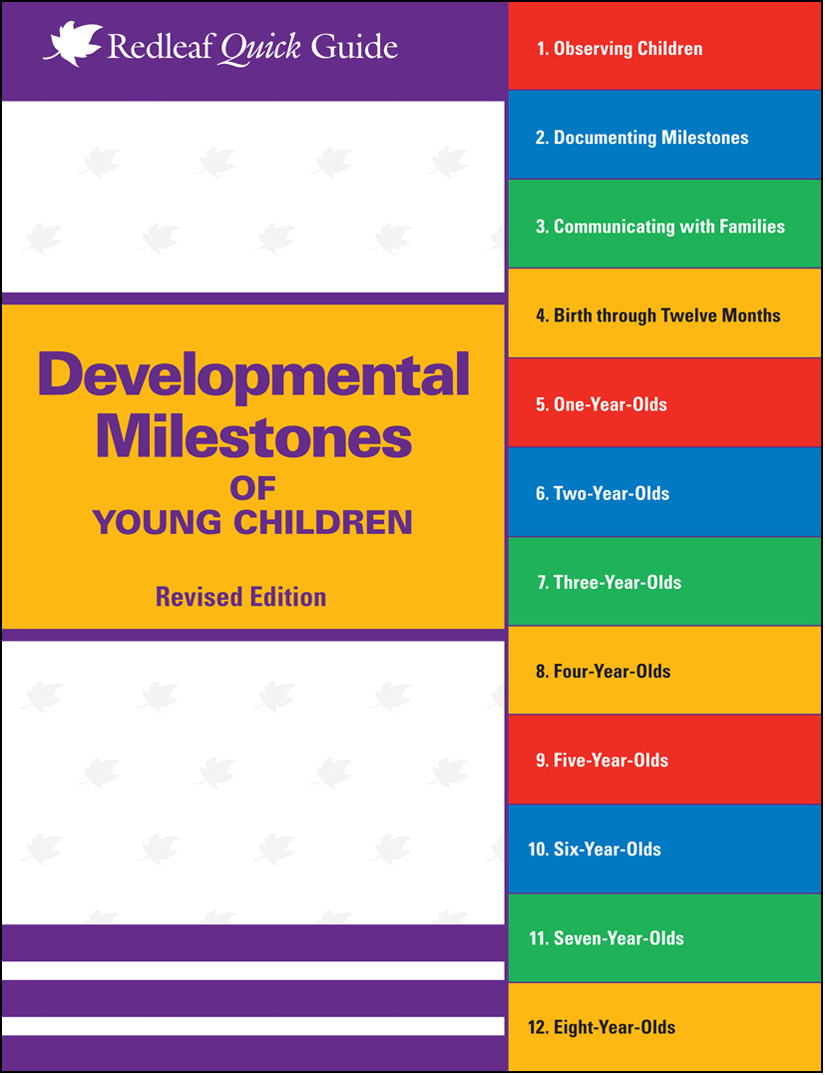
Published by Redleaf Press
10 Yorkton Court
St. Paul, MN 55117
www.redleafpress.org
2016, 2010 by Redleaf Press
All rights reserved. Unless otherwise noted on a specific page, no portion of this publication may be reproduced or transmitted in any form or by any means, electronic or mechanical, including photocopying, recording, or capturing on any information storage and retrieval system, without permission in writing from the publisher, except by a reviewer, who may quote brief passages in a critical article or review to be printed in a magazine or newspaper, or electronically transmitted on radio, television, or the Internet.
Revised edition 2016
Cover design by Jim Handrigan
Typesetting by Douglas Schmitz
Typeset in Signo
Library of Congress Cataloging-in-Publication Data
Names: Petty, Karen, author.
Title: Developmental milestones of young children / Karen Petty.
Description: Revised edition. | St. Paul, MN: Redleaf Press, [2016] | Series: Redleaf quick guide
Identifiers: LCCN 2015036081 | ISBN 9781605544809 (e-book)
Subjects: LCSH: Child developmentHandbooks, manuals, etc. | Child psychology.
Classification: LCC HQ767.9 .P475 2016 | DDC 305.231dc23
LC record available at http://lccn.loc.gov/2015036081
To my grandsons, Kason, Jay, Sam, and Zaidon, who have brought me more joy than I ever imagined and whose stages of development instructed and inspired my writing throughout this book.
Table of Contents
Guide

CONTENTS



Karen Petty, PhD
Benchmarks of development are important to all caregivers and families alike because they provide information that can help them observe and chart a childs development over time. While environments, child-to-adult ratios, caregiving routines, and group size are important for young children in care, knowledge of and attention to children and their development are most important. This book provides descriptions of developmental milestones, which are behaviors exhibited by children (and observed by caregivers) at certain times during their development from infancy through early school age. Educators also refer to these milestones as developmental indicators.
This book can be used as a caregivers guide to the typical developmental milestones of children from birth through eight years. This book is not a diagnostic tool or a remedy for children with developmental delays or differing abilities. It is intended as a quick reference that can be used alone or in conjunction with the Assessment of Developmental Progress: Birth to Age 8, which can be ordered from the Redleaf Press website (www.redleafpress.org).
Parents frequently ask, How will I know if my child is progressing normally? or Is my child keeping up with other kids his age? The more caregivers know about young children and their stages of development, the less anxious and better prepared they are to care for children at any age or stage. Caregivers of young childrenteachers, child care providers, families, and friendswill benefit from this book because the valuable information it contains will help them understand and know when a young child may need special care or diagnostics. It will also allow them to provide developmentally appropriate environments and activities for children in their care. While no measure of development can be considered definitive, some typical milestones are achieved universally by most children at particular ages and stages. Knowing that children develop along a continuum that is unique to each individual child, caregivers can use these general milestones to identify children who may be developing more slowly or more rapidly than average.
The more caregivers know about the children in their care, the better they will be able to provide appropriate experiences for them. Noticing behaviors such as an infant smiling when she hears a particular voice or a preschooler getting cranky each day after mealtime will give caregivers a sense of who the child really is. Small observations such as these further caregivers knowledge of child development and their familiarity with and understanding of the individual children in their care.
To be a professional in the field of child development and the care of young children, caregivers need an understanding of the children in their care. They need to understand the domains of child development as well as the behaviors typical of children at a particular age. This book can be used as a source of information for families and others who care for children. As caregivers learn more and more about children and developmental milestones, their individual planning for each child will improve.
Caregivers can make efforts to celebrate the diversity of children as members of a family unit and as individuals with specific characteristics that are all their own. Children are one-of-a-kind, and they come from families who represent diverse cultures, languages, abilities, and experiences. It is the caregivers job to learn about each childs background in order to know each individual in a more sensitive and meaningful way.
Knowing the child means knowing the family. Connections to families can be made stronger and more meaningful when caregivers take the time to bring the diversity of families lives into their own practice. After all, caregivers share the same goal with each familyfor their child to succeed.
There are many domains of development, but this book focuses on five:
physical and motor development
social and emotional development
communication and language development
cognitive development
approaches to learning
Each domain is important in its own right but also works in tandem with the others. Children do not function in a single domain at a time. While children carry out their daily tasks, they often work in several or all of the domains concurrently. The five domains listed here are addressed for each age and each developmental stage throughout this book. They can look dramatically different from one age to the next. For example, a childs vocabulary skills at one year are dramatically different from a childs vocabulary skills at eight years. The domains help categorize the observed behaviors and milestones.
Karen Petty, PhD, holds a masters degree in early childhood education and a doctorate in curriculum and instruction with emphases in early childhood and child development. She has over twenty years of experience teaching and caring for young children and conducting trainings and workshops. Dr. Petty is a consultant for military installation family member programs and is the author of Deployment: Strategies for Working with Kids in Military Families. She is a professor of early childhood development and education and chair of the Department of Family Sciences at Texas Womans University in Denton, Texas.


